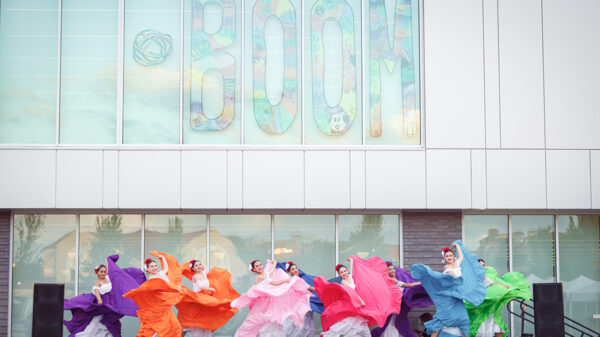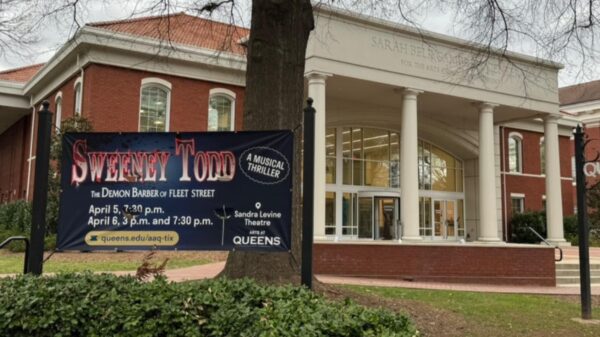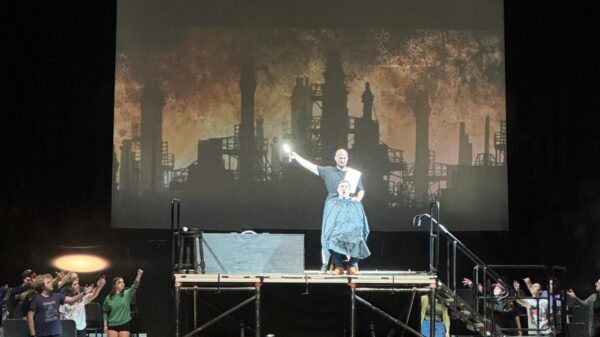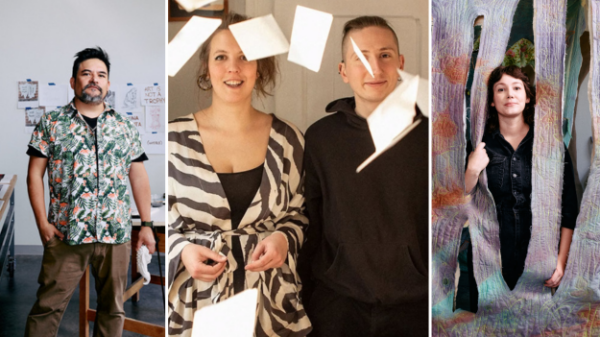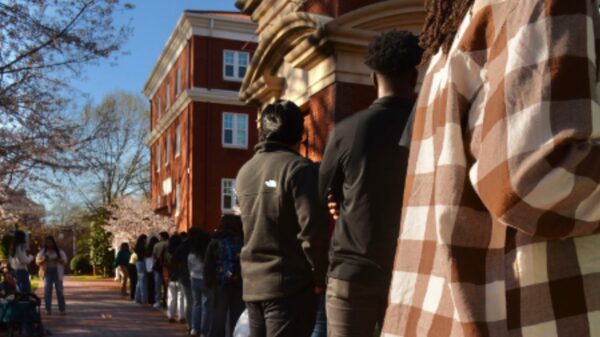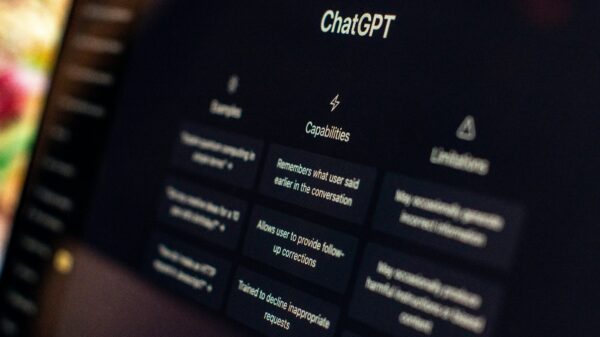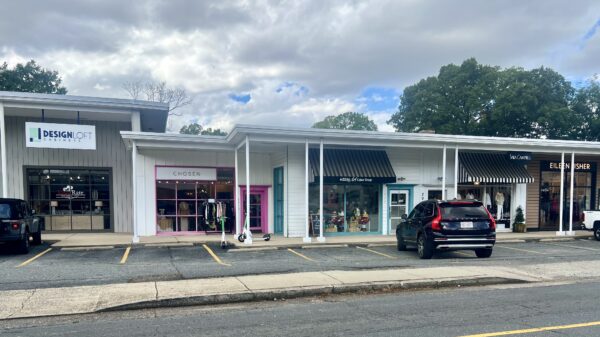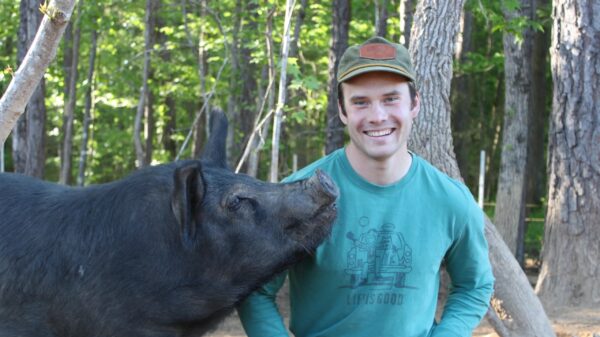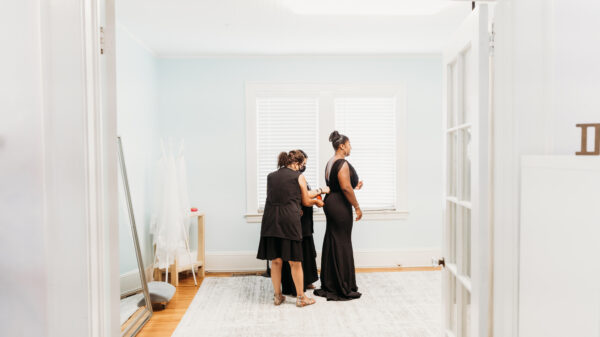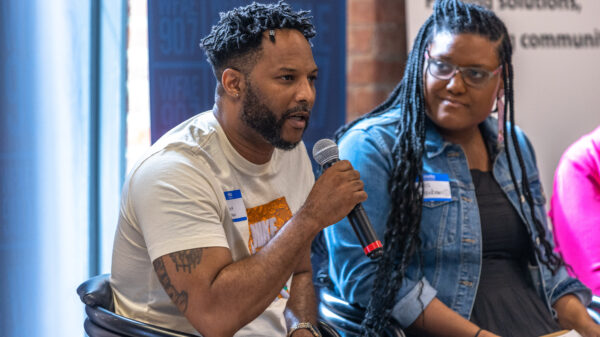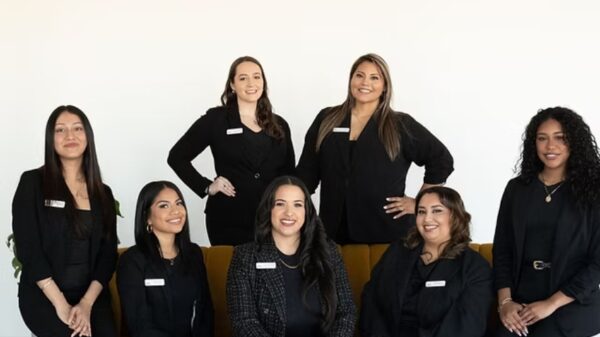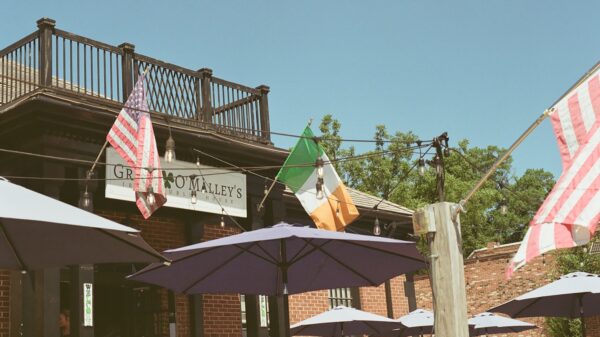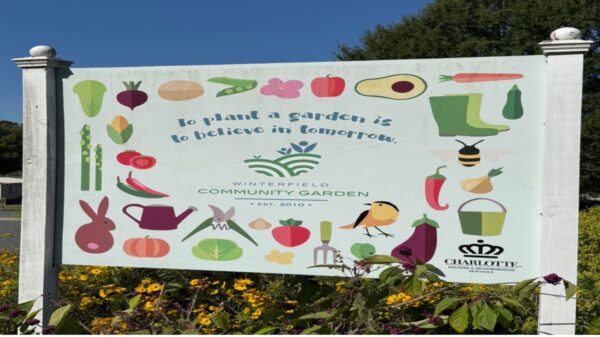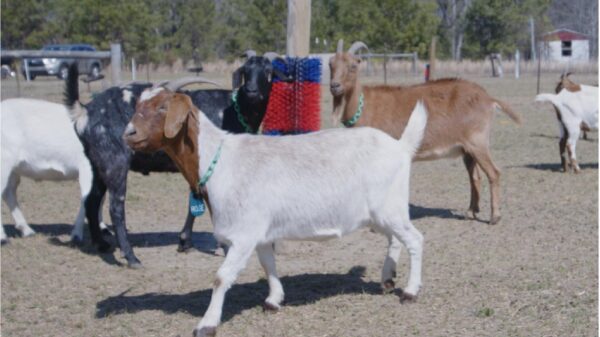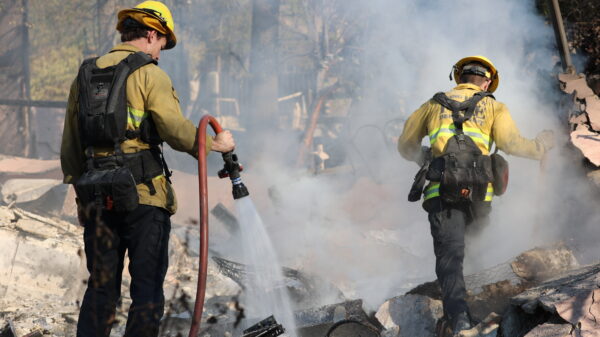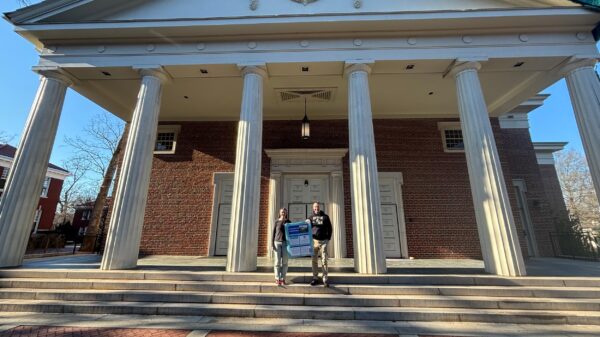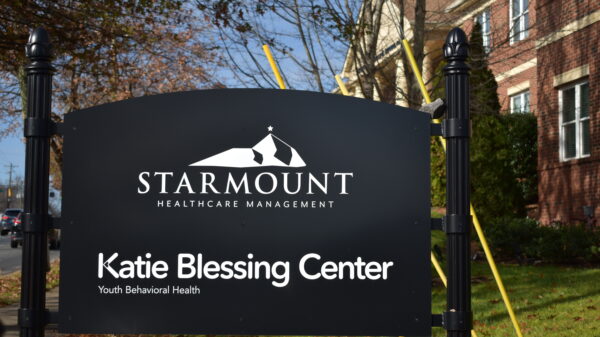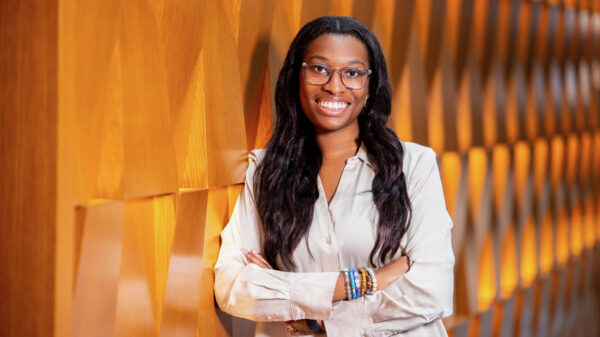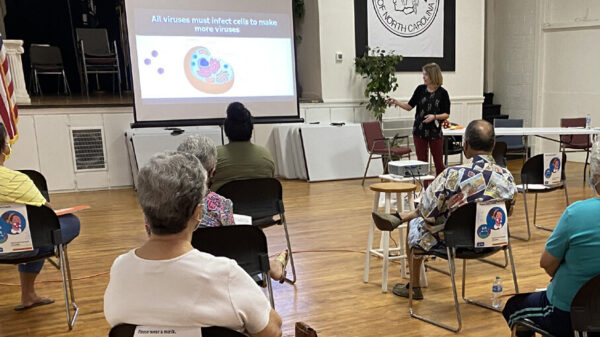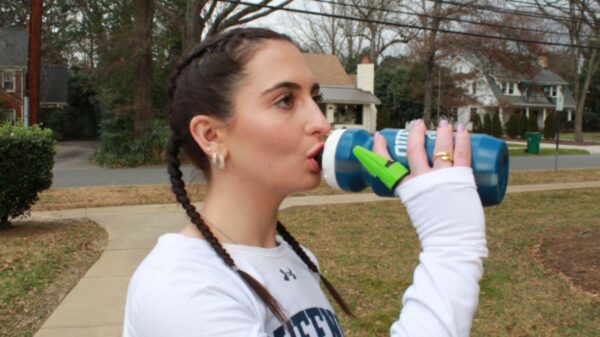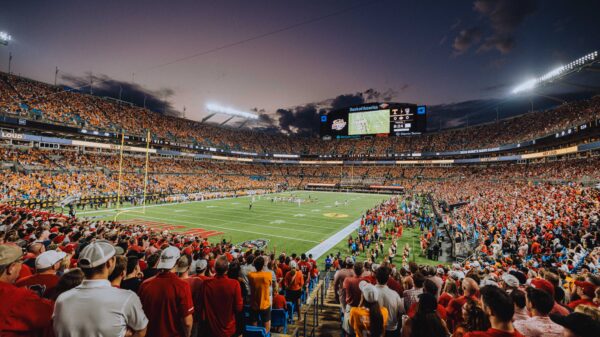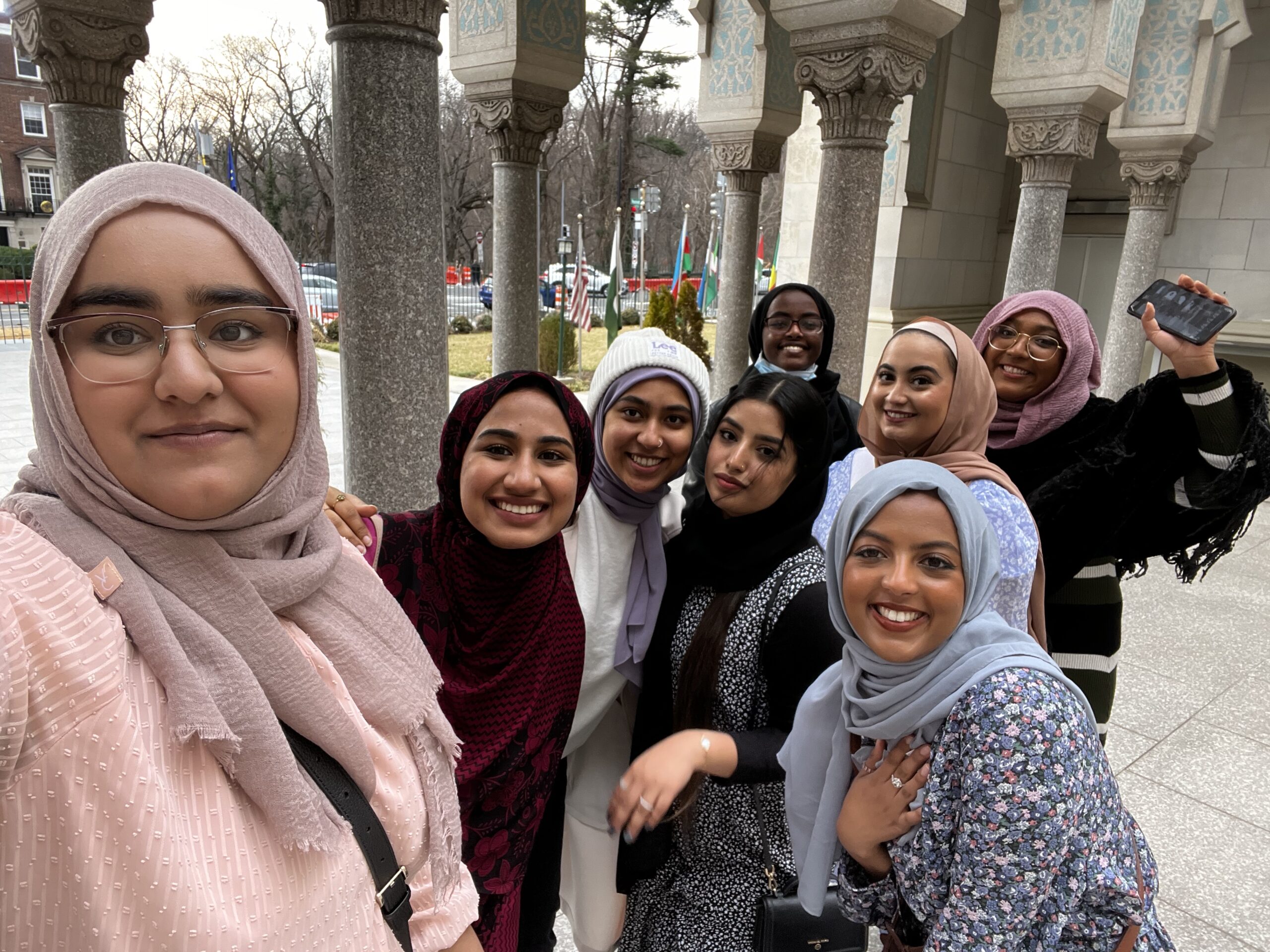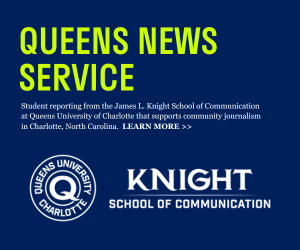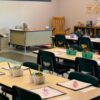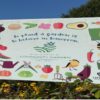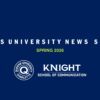For about 1,000 Muslim university students in Mecklenburg County, the first celebration of Ramadan since COVID restrictions were lifted means they will be celebrating with classmates rather than family.
This year Ramadan is scheduled for April 2 through May 2, and Muslim students at UNC Charlotte have been planning for it since January.
Ramadan is traditionally celebrated with fasting, charity, prayer, tradition, and self-discovery. Muslims start their day with a pre-sunrise breakfast, called suhoor. They go without water and food throughout the day, followed by a post-sunset celebration – called Iftar – to break the fast. Mecklenburg County is home to about 25,000 Muslims and more than a dozen mosques.
Arianna Ally, president of UNC Charlotte’s Muslim Student Association, has mobilized funding agencies, non-profit organizations, restaurants, and family members to prepare Iftar meals for students during the entire month of April.
“The one thing I’m excited for this year is being able to implement a little bit of my family with everyone else,” Ally said. “Our community loves trying new foods, so we’re having a diverse amount of cultures bringing in food.” Food will be prepared from national traditions throughout the Muslim world including Guyana, India, Africa, Asia, the Caribbean, Ethiopia, and other African nations. The student association has also lined up sources for meat prepared according to halal practices.
Ally, a mechanical engineering major, spent months with Muslim students determining exactly what they wanted during the month, and how to deliver it affordably.
Student Routines During Ramadan
During Ramadan, Ally wakes up at 5 a.m., showers, eats a big breakfast before the sun rises, and begins her Fajr morning prayer before heading out for a full day of class.
“Ramadan is a holy month where a lot of people tend to get back to their roots and back to their religious values,” Ally said. “This is the first year a lot of university students are celebrating Ramadan away from home due to the pandemic.”
Mohamed Hegazy, a student on the swimming team at Queens University of Charlotte, described fasting challenges faced by athletes. Hegazy has a 6 a.m. practice, classes, and an internship, but he said his body gets used to fasting anyway. Trial and error enables students to figure out what activities are best for certain times of the day, when energy levels are high or low.
Accommodations for Muslim Students
Most American universities, including those in Mecklenburg County, encourage Muslim students to request accommodations during Ramadan. This year the celebration overlaps with final exams scheduled for April 27-May 3 at Queens University of Charlotte and Johnson & Wales University. Final exams for other universities in the county take place later in May.
How Ramadan Differs For Students In Different Countries
Atif Chaudhry, imam of the Rama Center in Matthews, said his Ramadan experiences as a student in Pakistan were completely different from Muslim students in Charlotte. It was easier in Pakistan.
“It was a lot easier because there are mosques all around, every corner,” Chaudhry said. “Every neighborhood has a mosque and the university was a Muslim university. We had the pre-dawn meal and the breaking of fast meals in the cafeteria…. So the university was very accommodating.”
Chaudhry’s advice for university students is to eat breakfast before dawn. “If they wake up and eat and go back to sleep, I think the day is doable.”
“Since we are a minority, there’s an extra effort in celebrating because we want it to be a visible holiday,” said Chaudhry. “So that festive environment is something that kind of amplifies the celebration. Whereas in America, you leave your home or your mosque and you don’t see it anywhere else,” unlike highly visible Christian decorations during Christmas and Easter.
Acts of service are important parts of the Ramadan celebration, Ally said, and fasting is an opportunity to show empathy. “Another reason why we fast is to put ourselves in the shoes of those who are unable to eat and drink the way that we do every single day. If we are able to put that in practice we can understand how it feels to be in that position for a lifetime.”
-
Palmer Magri of Charlotte, North Carolina, is the former managing editor of the Queens University News Service. A multimedia storytelling major, Palmer is a 2024 magna cum laude graduate of the James L. Knight School of Communication. During her four years as an undergraduate, she reported, wrote, edited, produced video, and managed content for the news service.
View all posts

